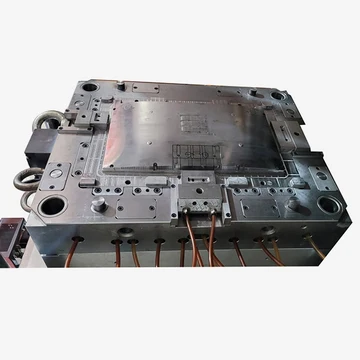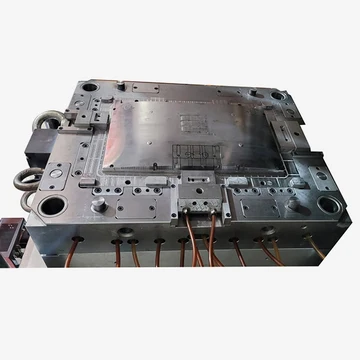Plastic injection moulding has become a cornerstone of the home appliance industry, enabling the mass production of intricate, durable, and high-quality plastic components. A plastic injection mould manufacturer specializing in home appliances plays a vital role in delivering precision-engineered molds that meet the demanding specifications of global appliance brands. These manufacturers combine advanced technology, skilled craftsmanship, and deep industry knowledge to support the efficient production of everyday household products.
The Injection Moulding Process in Appliance Manufacturing
Injection moulding involves melting plastic pellets and injecting the molten material under high pressure into a precisely designed mould cavity. Once cooled, the plastic solidifies into the desired shape, ready to be assembled into appliances. This process is highly efficient, capable of producing large volumes of identical parts with exceptional accuracy and repeatability. In the home appliance mould ↗ sector, injection moulding is used to create a wide range of components, from refrigerator shelves and dishwasher racks to toaster housings and blender containers. The ability to produce complex shapes with fine details makes injection moulding indispensable for the industry.
 ## Precision and Consistency: Hallmarks of Quality Moulds
## Precision and Consistency: Hallmarks of Quality Moulds
A key responsibility of plastic injection mould manufacturers is to ensure that every mould delivers consistent, defect-free parts. This requires meticulous design and engineering, often utilizing CAD and simulation software to optimize mould flow and cooling. Proper mould design reduces common defects such as warping, sink marks, or incomplete filling, which can compromise the functionality and aesthetics of appliance components. High precision in mould fabrication also means tighter tolerances, ensuring that parts fit perfectly during assembly and contribute to the overall reliability of the appliance.
Material Expertise and Customization
Manufacturers of injection moulds for home appliances must have expertise in selecting and working with a variety of thermoplastics suited to different applications. Materials like ABS, polypropylene, and polycarbonate are commonly used due to their strength, heat resistance, and aesthetic qualities. Customization is another critical aspect, as moulds must be tailored to the unique design and functional requirements of each appliance part. This includes considerations for multi-material moulding, where different plastics or finishes are combined in a single component to enhance performance or user experience.
Advanced Manufacturing Technologies
Modern plastic injection mould manufacturers employ advanced machining technologies such as CNC milling and electrical discharge machining (EDM) to create moulds with intricate details and tight tolerances. These technologies allow for the production of complex mould cavities that can withstand the high pressures and temperatures of injection moulding cycles. Additionally, manufacturers often use automation and robotics in both mould fabrication and injection processes to improve efficiency, reduce errors, and maintain consistent quality across large production runs.

 ## Quality Control and Maintenance
## Quality Control and Maintenance
Maintaining the quality and longevity of injection moulds is essential for uninterrupted production. Manufacturers implement rigorous quality control measures, including dimensional inspections, material testing, and trial runs, to ensure moulds meet exact specifications before being deployed. During production, regular maintenance and monitoring help detect wear or damage early, preventing costly downtime. Proper care of moulds also extends their service life, allowing manufacturers to produce millions of parts without compromising quality or increasing costs.
Supporting Innovation and Sustainability
Plastic injection mould manufacturers are increasingly supporting innovation in the home appliance industry by enabling new design possibilities and sustainable practices. Techniques such as multi-shot injection moulding allow for the integration of multiple materials or colors, enhancing product functionality and aesthetics. Furthermore, manufacturers are adopting eco-friendly materials and energy-efficient moulding processes to reduce environmental impact. This commitment to sustainability aligns with the growing consumer demand for greener appliances and helps brands meet regulatory requirements.
In summary, plastic injection mould manufacturers for the home appliance industry are essential partners in delivering high-quality, reliable, and innovative products. Through precision engineering, advanced manufacturing, and ongoing quality assurance, these manufacturers enable appliance companies to meet market demands efficiently while pushing the boundaries of design and sustainability.